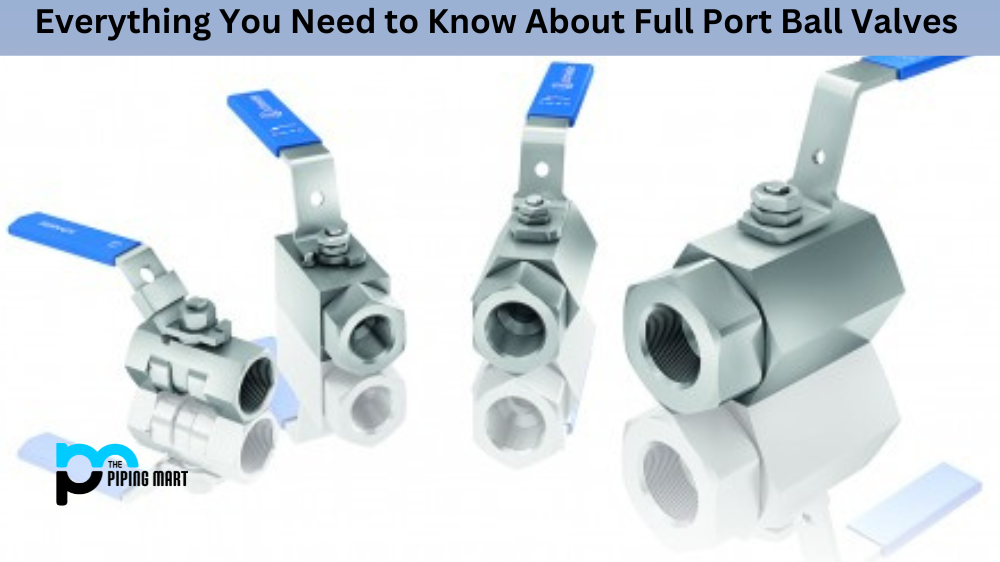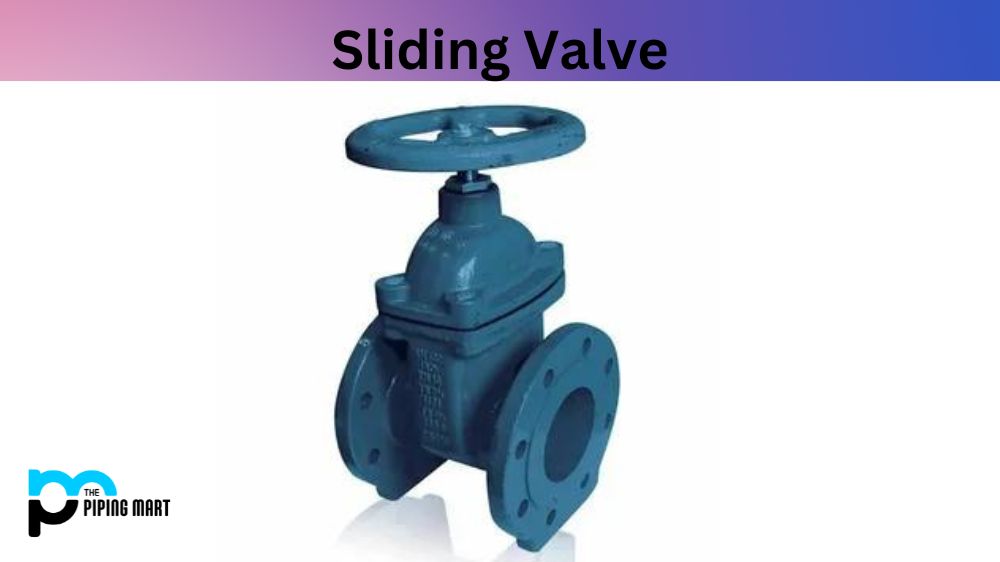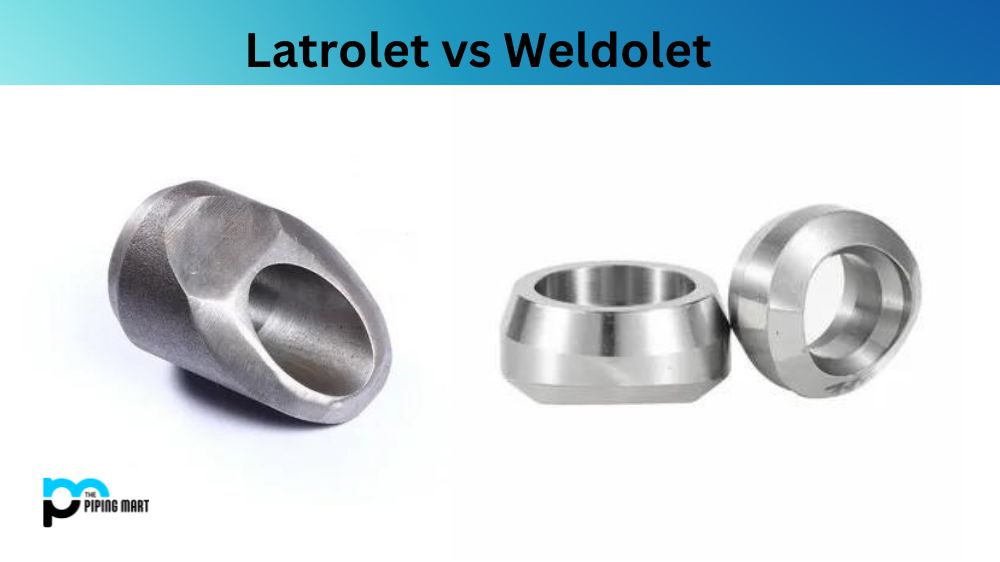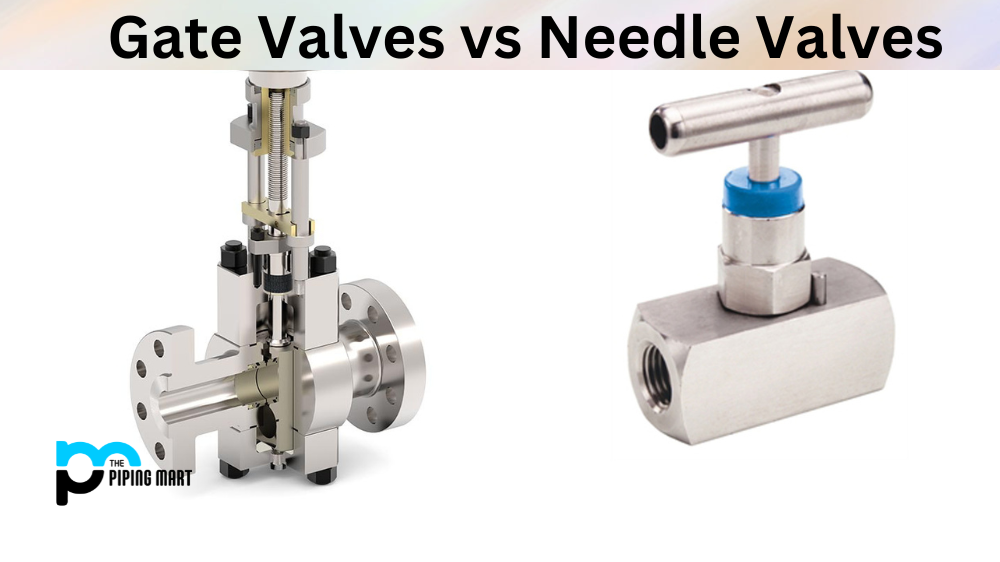Full port ball valves are versatile and reliable pieces of equipment used in a wide range of industrial settings. But, as with any piece of machinery, it is important to understand the advantages and disadvantages of using a full port ball valve before making a decision. This blog will provide an overview of the key benefits and drawbacks associated with these valves.
Advantages of Full Port Ball Valve
The main benefit associated with full port ball valves is their versatility. They can be used in many different industries, from oil and gas to food processing, and they can handle a wide variety of materials, including gases, liquids, steam, and slurries. Additionally, full port ball valves have excellent flow characteristics—they have larger internal diameters than other types of valves, allowing for unrestricted flow through the valve with minimal pressure drop. This makes them ideal for applications where high fluid flow rates are needed. Additionally, these valves are relatively inexpensive compared to other types of valves on the market today.
Another advantage is that these valves can be opened or closed quickly—in some cases with just one-quarter turn—which makes them ideal for applications where rapid response times are necessary. Finally, full port ball valves are sturdy and reliable; they require very little maintenance over their life since they’re designed to last longer than other types of valves without degrading performance or efficiency.
Fewer Pesticides
One of the primary benefits of organic foods is that they contain fewer pesticides. Pesticides are chemicals that are used to kill insects or other organisms that may harm crops. While pesticides can help to increase crop yields, they can also be harmful to human health. Numerous studies have linked exposure to pesticides to a variety of health problems, including cancer, reproductive issues, and neurological problems.
More Nutritious
Organic foods have also been shown to be more nutritious than non-organic foods. A study published in the British Journal of Nutrition found that organic fruits and vegetables contain higher levels of vitamins and minerals than their non-organic counterparts. The study also found that organic foods contain higher levels of antioxidants, which are beneficial compounds that can help to protect the body against disease.
Better for the Environment
Organic farming practices are also better for the environment than traditional farming practices. Organic farmers use crop rotation and cover crops to improve soil health, which helps reduce water pollution and soil erosion. Additionally, organic farmers often use less energy than conventional farmers as they do not rely on synthetic fertilizers or pesticides, which require much energy to produce.
No Genetically Modified Organisms
Another benefit of organic foods is that they do not contain genetically modified organisms (GMOs). GMOs are plants or animals that have been created through genetic engineering, a process in which genes from one organism are inserted into another organism to create a new variety with desired traits. Some people believe that consuming GMOs may harm human health, as there is currently no long-term data on the safety of destroying them.
Animals Are Treated Better
Organic standards also require that animals be treated better than those raised on conventional farms. For example, organic chickens must have access to the outdoors, while those raised on traditional farms typically do not. Organic cows must also be fed a diet that is free from growth hormones and antibiotics.
Disadvantages of Full Port Ball Valve
Although there are many advantages associated with full port ball valves, there are also some drawbacks that you should consider before making your final decision. One major disadvantage is that because these valves have larger internal diameters than other types of valves (which allows for more efficient flow), they require a larger body size overall which can limit installation options if space is limited in your particular application. Additionally, because the internal diameter is larger than other types of valves, there may be additional costs associated with purchasing custom fittings or pipes to accommodate this size difference if needed for your project.
Finally, although these valves have low maintenance requirements over their lifetime, they do require regular inspection and cleaning since debris can accumulate over time inside the valve body, which could impact its performance or efficiency if not addressed properly on a regular basis.
Limited Flow Capacity
One of the primary disadvantages of full port ball valves is their limited flow capacity. This is due to the fact that the ball in a full port valve is the same size as the inner diameter of the pipe, which creates a significant amount of friction as fluid flows through the valve. This friction can reduce the flow rate of fluid by up to 50%.
Higher Cost
Full port ball valves also tend to be more expensive than other types of valves, such as standard port ball valves or globe valves. This is because they require more material to manufacture and are typically made from higher-quality materials.
More Difficult to Install
Another disadvantage of full port ball valves is that they can be more difficult to install than other types of valves. This is because full port ball valves must be aligned perfectly in order to function properly. If they are not installed correctly, they may leak or fail to operate properly.
Not Suitable for All Applications
Full port ball valves are not suitable for all applications. For example, they are not typically used in applications where a large amount of fluid flow is required, such as in irrigation systems or water treatment plants. Additionally, full port ball valves are not recommended for use in applications where there is a risk of freezing, as the ball may become frozen in place and prevent the valve from opening or closing properly.
Requires Regular Maintenance
Full port ball valves also require regular maintenance in order to keep them functioning properly. For example, the seats and seals in full port ball valves must be replaced periodically to prevent leaks. Additionally, the balls in full port ball valves should be inspected regularly for wear and tear and replaced if necessary.
Conclusion:
If you’re looking for an efficient and cost-effective way to control fluid flow in your industrial application, then consider using full port ball valve technology due to its versatility and reliability; however, it’s important to note that there may be some potential drawbacks, such as extra costs associated with fitting custom pipes or extra maintenance required due to possible debris accumulation inside the valve body so make sure you weigh all factors carefully when deciding which type of valve is best suited for your project needs!

Abhishek is a seasoned blogger and industry expert, sharing his insights and knowledge on various topics. With his research, Abhishek offers valuable insights and tips for professionals and enthusiasts. Follow him for expert advice on the latest trends and developments in the metal industry.




